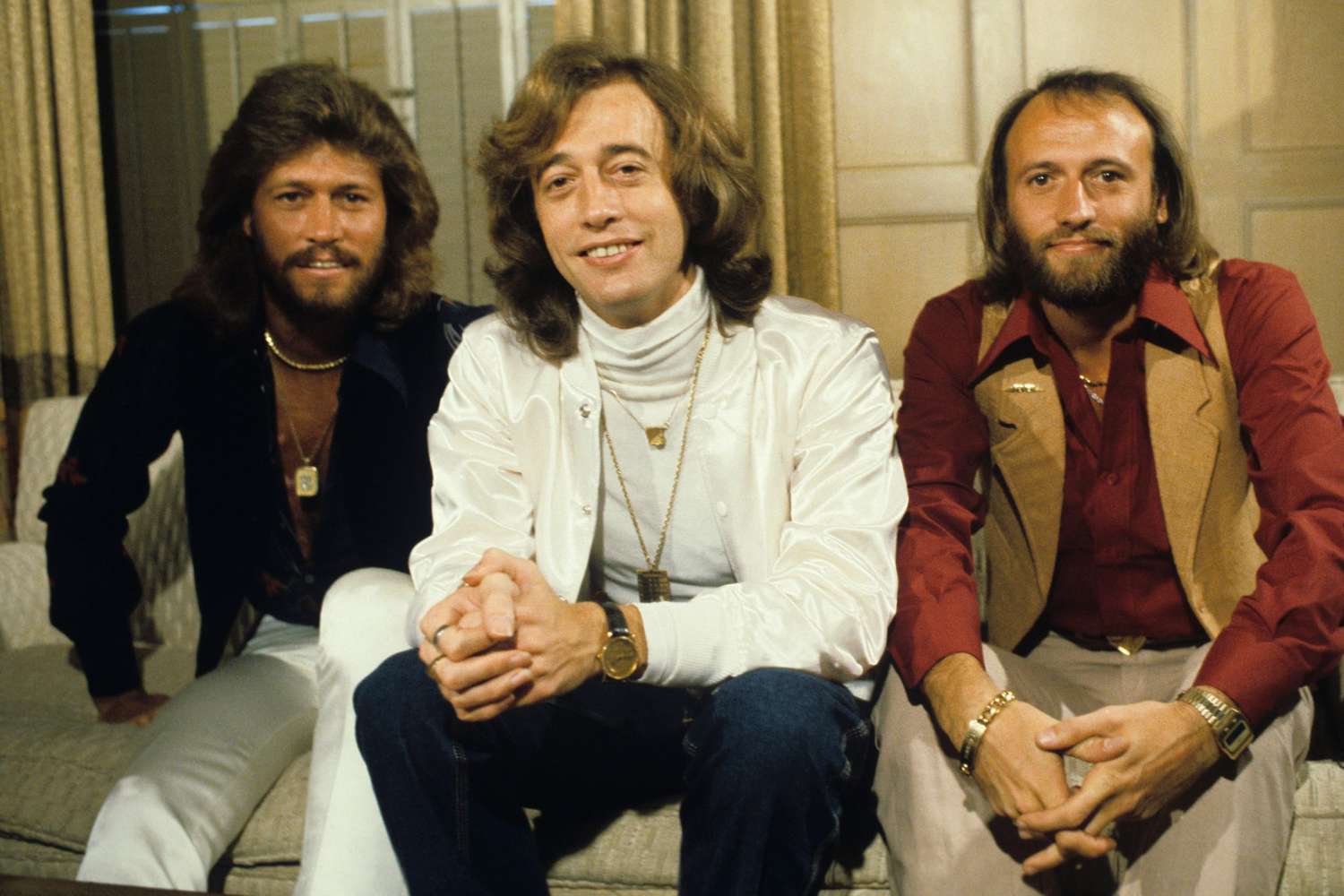
“One” is the Bee Gees whispering a hard-earned lesson: after all the noise, all the reinvention, love survives only when three voices choose to breathe as one.
There’s something quietly dramatic about how “One” re-entered the world in 1989. Not with disco’s glitter-ball certainty, not with the bright innocence of their late-’60s ballads, but with a mature steadiness—like three brothers standing shoulder to shoulder, refusing to be reduced to an era. Released in June 1989 in the UK and July 1989 in the US, “One” was the title track of the album One, and it carried a symbolic weight before you even pressed play: a song called “One”, by a group whose identity had always been the miracle of three voices becoming a single emotional instrument.
In America, its chart story reads like a slow, satisfying return. The single debuted at No. 73 on the Billboard Hot 100 on July 29, 1989, then climbed steadily to a peak of No. 7 on September 30, 1989, staying on the chart for 14 weeks. That peak carried extra meaning: it was the Bee Gees’ first US Top 10 hit since “Love You Inside Out” in 1979, and it would turn out to be their biggest US hit of the 1980s—and their last to reach the US Top 10. Even more telling, the song also hit No. 1 on the US Adult Contemporary chart for two weeks, which is where so many great late-career truths end up living—on radios that prefer feeling over fashion.
The UK, however, treated “One” like a brief visitor passing through. On the Official Singles Chart, it first charted on June 24, 1989, entering and peaking at No. 71, with a short three-week run. That contrast—quiet at home, embraced abroad—only deepens the song’s poignancy. Sometimes a comeback isn’t a universal parade; sometimes it’s a personal victory that a few places understand first.
Behind the scenes, the details feel fittingly restrained. “One” was recorded in November–December 1988 at Mayfair Studios in London, written—like so much of their essential work—by Barry, Robin, and Maurice Gibb, and produced by the Bee Gees alongside Brian Tench. Even the B-sides carry the little evidence of an era when singles still had “rooms behind the room”: “Flesh and Blood” in the UK, “Wing and a Prayer” in the US.
And then there is the album context: One was released April 17, 1989 (UK), with the US release arriving later in July 1989, peaking at No. 29 in the UK and No. 68 on the Billboard 200—solid, respectable placements for a band still shaking off the cultural baggage of being forever filed under “disco,” no matter how many decades of songwriting brilliance came before and after.
So what does “One” mean, beyond the statistics?
It feels like a song about unity that isn’t naïve. The word “one” here doesn’t sound like a slogan—it sounds like an agreement. The tone is polished but slightly bruised, a kind of late-night sincerity dressed in late-’80s production. You can hear the Bee Gees doing what they always did best: writing a melody that leans into the heart, then letting harmony do the speaking that words can’t finish. It’s not the rush of a new love; it’s the steadier insistence of a love that has weathered misunderstandings, distance, and the private fear that everything beautiful might be temporary.
There’s a specific kind of nostalgia that “One” awakens—not the nostalgia of “back when everything was easier,” but the deeper kind: the memory of hearing a familiar voice return when you didn’t realize you missed it quite so much. In 1989, “One” wasn’t only a hit. It was a reminder that the Bee Gees’ greatest gift wasn’t a trend. It was a language—three brothers turning longing into architecture, building a room out of harmony where anyone could sit down, breathe, and remember what it feels like when the world finally grows quiet enough to hear the heart.